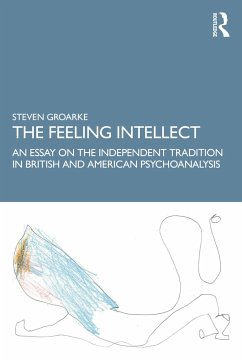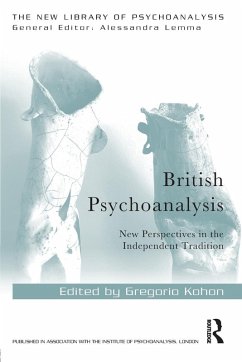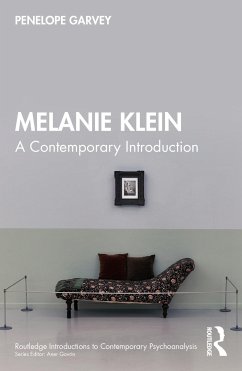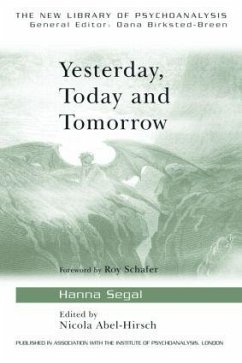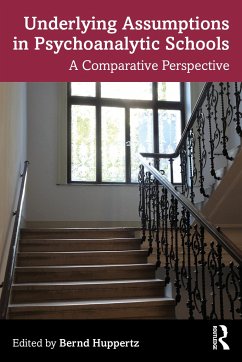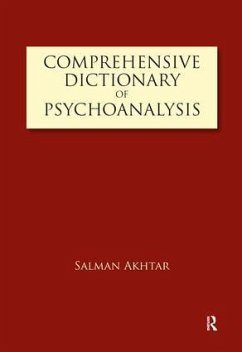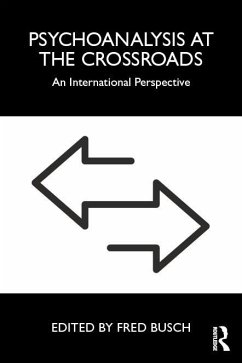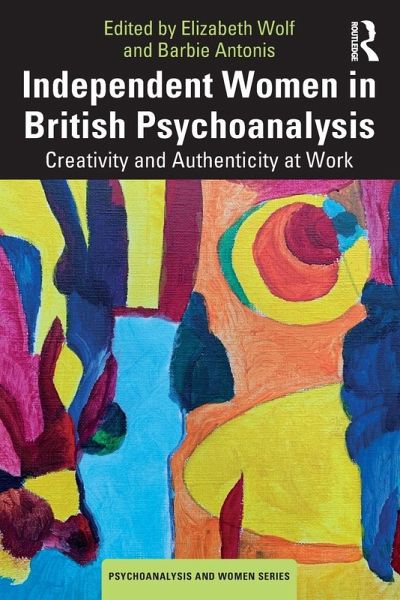
Independent Women in British Psychoanalysis
Creativity and Authenticity at Work
Herausgegeben: Wolf, Elizabeth; Antonis, Barbie
Versandkostenfrei!
Versandfertig in 6-10 Tagen
34,99 €
inkl. MwSt.

PAYBACK Punkte
17 °P sammeln!
Independent Women in British Psychoanalysis celebrates the lives and work of female psychoanalysts whose significant contributions to the Independent Tradition have hitherto been overshadowed by their male counterparts.The contributors in this volume look at seven female psychoanalysts who broke new ground with their contributions to theory and practice: Ella Freemen Sharpe, Marjorie Brierley, Paula Heimann, Marion Milner, Enid Balint, Nina Coltart and Pearl King. The chapters tell the individual stories of these psychoanalysts alongside their theories, showing how their personal lives embody ...
Independent Women in British Psychoanalysis celebrates the lives and work of female psychoanalysts whose significant contributions to the Independent Tradition have hitherto been overshadowed by their male counterparts.
The contributors in this volume look at seven female psychoanalysts who broke new ground with their contributions to theory and practice: Ella Freemen Sharpe, Marjorie Brierley, Paula Heimann, Marion Milner, Enid Balint, Nina Coltart and Pearl King. The chapters tell the individual stories of these psychoanalysts alongside their theories, showing how their personal lives embody and illustrate the essential universal developmental task of becoming oneself and finding one's own voice. The themes across the chapters include infant and child development with (m)other, trauma, constructive use of aggression, creativity, a theory of clinical technique, and independence of mind in a social world.
This book will be of interest and relevance to psychoanalysts and psychotherapists, developmental psychologists, sociologists, group analysts and historians of psychoanalysis, as well as those interested in feminism and women's position in society.
The contributors in this volume look at seven female psychoanalysts who broke new ground with their contributions to theory and practice: Ella Freemen Sharpe, Marjorie Brierley, Paula Heimann, Marion Milner, Enid Balint, Nina Coltart and Pearl King. The chapters tell the individual stories of these psychoanalysts alongside their theories, showing how their personal lives embody and illustrate the essential universal developmental task of becoming oneself and finding one's own voice. The themes across the chapters include infant and child development with (m)other, trauma, constructive use of aggression, creativity, a theory of clinical technique, and independence of mind in a social world.
This book will be of interest and relevance to psychoanalysts and psychotherapists, developmental psychologists, sociologists, group analysts and historians of psychoanalysis, as well as those interested in feminism and women's position in society.





